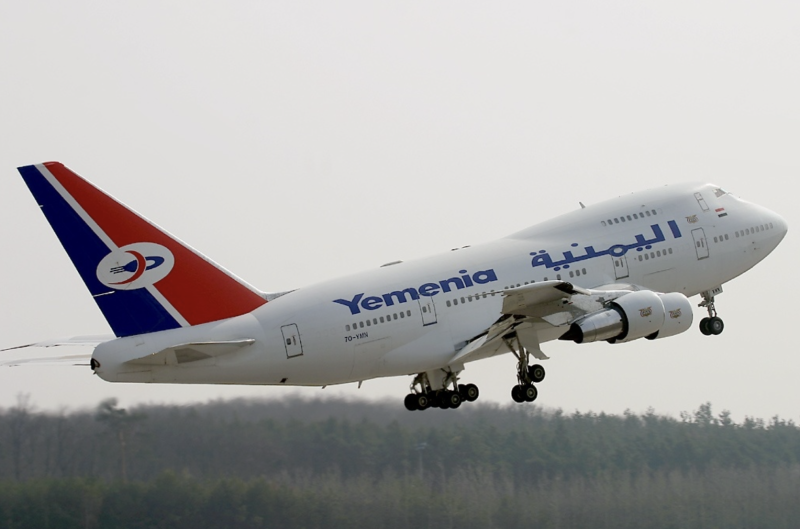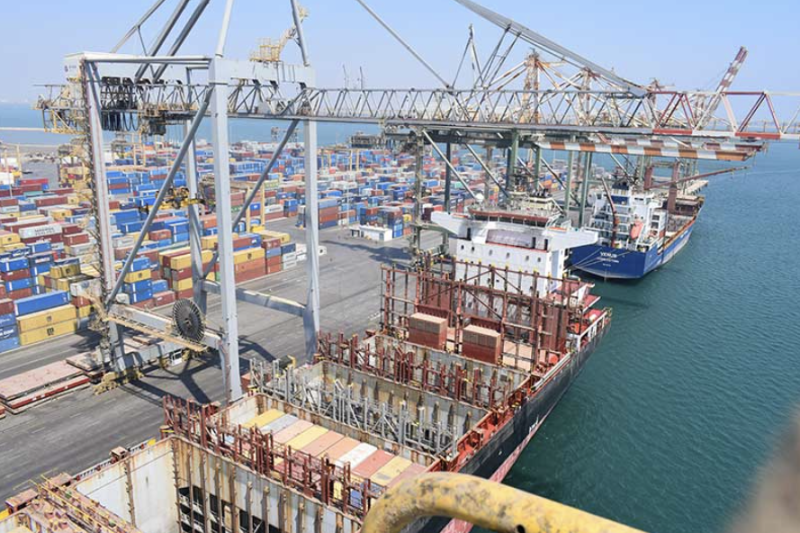Ragan : Yemen Needs $2 Billion Annually to Secure Food


United Nations World Food Program Representative in Yemen Richard Ragan confirmed that the recent UN-sponsored truce in Yemen had brought hope to Yemenis and eased the movement of humanitarian organizations and the distribution of aid.
Ragan hoped the ceasefire would be permanent.
In exclusive statements to Asharq Al-Awsat, Ragan described the food situation in Yemen as “catastrophic,” especially with the repercussions of the Ukrainian crisis, which he expected to raise food prices by about 30%.
The WFP representative said that 4 million tons of food have been imported since 2017, and only 48,000 tons were rejected as invalid by the authorities.
According to Ragan, the Yemeni situation had improved since the truce. The ceasefire had allowed the UN to better mobilize its aid programs in the war-torn nation.
People are tired after years of conflict, and the truce of two months gave them hope, Ragan told Asharq Al-Awsat.
Today's question is what will happen at the end of May?! Next month will be difficult to establish the truce, he added, noting that oil tankers had docked at the port, progress is underway for operating flights from Sanaa airport, and there are talks about opening the crossings in Taiz.
WFP activities are distributed across 333 Yemeni districts nationwide, except for the northern Hajjah governorate, said Ragan.
Military confrontations taking place in Hajjah had inhibited the delivery of aid, he explained.
“We provide food for about 16 million Yemenis, three million of whom are in schools, along with pregnant mothers who need more nutrition, and we have programs to help those who work, and we provide them with food,” said Ragan.
The official pointed out that 13 million people in Yemen suffer from hunger and malnutrition.
“We provide them with flour, grains, oils, sugar and salt, but we can no longer cover everyone because of the scarcity of funds,” complained Ragan.
Five million people are suffering the highest degree of malnutrition and are one step away from starvation, he said.
Ragan stressed that the WFP needs $2 billion annually to secure food for Yemenis.
So far, the agency has managed to secure only $500 million, which is less than 25%, warned Ragan.
He noted that the situation is getting worse.
“Last year, we were concerned about five districts in three governorates. In 2022, there are 23 districts in 10 governorates that are of concern to us,” said Ragan, emphasizing that the number of Yemenis in need of help had more than doubled in a single year.

Aden -- Yemen Airways has announced the cancellation of the mandatory round-trip ticket requirement for passengers traveling from Yemen to Saudi Ar…

Aden — Ports under the authority of Yemen’s internationally recognized government have received more than two million metric tons of fu…

Mukalla — Local authorities in Hadramout have announced the inauguration of Yemen’s first solar-powered cement station, a landmark proj…